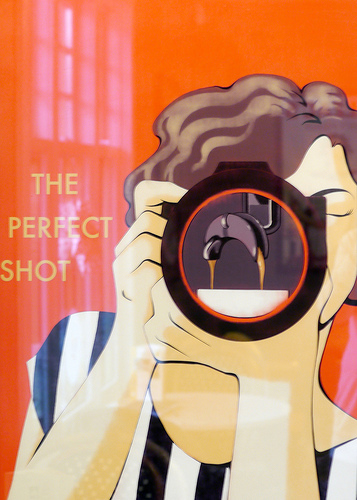CJ Chilvers once spoke about the downside of photography workshops – the ones that claim to teach you how to be a better photographer or what gear you need. He said, “The only rule in photography is to tell a story with a compelling subject – for you.”
We all strive to have a compelling subject or tell a story with our photographs. To me, though, the most important words in that quote are “for you.”
Too often I find that photographers are looking for critique or validation – something outside of themselves that will tell them that they’re on the right track. While constructive feedback can be helpful, it’s just information that we can take or leave.
The only way to know if we’re really on the right track is to look within and know ourselves. What attracts us? What themes show up in our work? Why do we photograph in the first place?
This is worth exploring and what I try to tap into during my workshops.
Yes, we need to know how our cameras work and have a basic knowledge of composition. We can learn most of that ourselves, either through free online articles or by reading our camera’s manual or through regular practice.
But most of all, we need to learn to see – what’s already around us and within.
The main goals for my workshops are:
1. That participants will photograph daily and broaden what and how they see. Practice, practice, practice.
2. That they will learn to trust their instincts about what they see and why and gain greater self-awareness in the process.
3. That they be provided a safe space to express and share their unique vision with others.
I like critique to be minimal and constructive. In the online world, interaction is fraught with misinterpretation and misunderstanding. When someone posts an image, they are sharing a little piece of themselves.
So, I encourage photographers to write about why they are posting and what decisions they made in creating the image. To me, this is by far the best way to learn – by analyzing our own images and articulating what we find in words and seeing how others do the same.
It’s extremely valuable to have this type of place where we can share and learn from each other. Facilitation of this type of space is a skill that has nothing to do with photography and one I’m always trying to improve.
What are you looking for when you sign up for a photography workshop?

My first comment didn’t go through. I’ll try again! If there are two of them Kim, just delete one!
“The only rule in photography is to tell a story with a compelling subject – for you.” I really love this!
When I sign up for a photography workshop, I like to find a place where I can be totally me and discover new hidden depths which are waiting to flower within.
Oh, I love that answer, Sandra – discovering new hidden depths is a wonderful goal.
I agree, when we are sharing a glimpse of ourselves, it’s good to do so in a safe space. I also like the nudge to use my camera on a regular basis, and in unexpected ways that can help me be more creative. It’s only then, once we go beyond what’s obvious and easy, that exciting things start to happen.
Thanks, Indigo. The nudge is also important. It’s good to have a little structure. Gives us a place to start experimenting from.